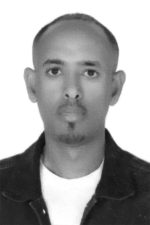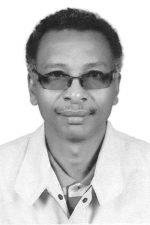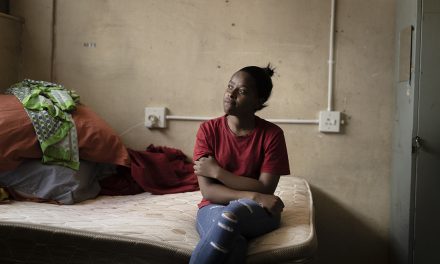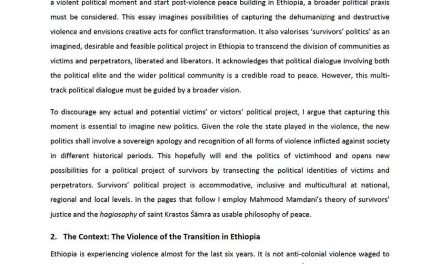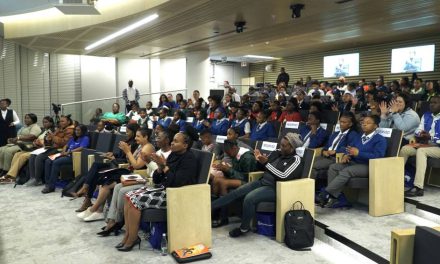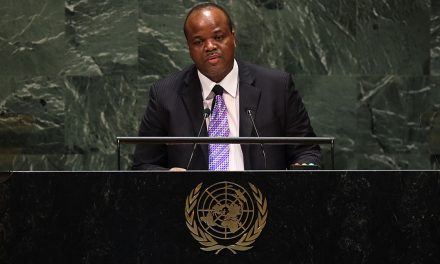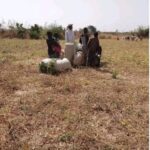Background
Somalia has experienced significant political and social instability since its independence. Although the first few years after independence were relatively peaceful, clan-based politics, competition over power, weak leadership, and poor economic development led to widespread social dissatisfaction. This unrest ultimately paved the way for General Siad Barre, the commander of the Somali National Army, to seize power in 1969. Barre ruled Somalia with an iron grip for over two decades until he was overthrown in 1991.
Following the ouster of President Siad Barre, Somalia descended into chaos and insecurity, driven by rivalry among clan elites over power and resource-sharing arrangements. After a series of reconciliation conferences, the country adopted federalism to avert the re-emergence of an authoritarian central government and address historical grievances by devolving powers to the Federal Member States (FMS) and local governments. This framework is intended to pave the way for a political settlement. The present Federal Government of Somalia (FGS) emerged from successive peace processes involving national, regional, and international actors, culminating in an acceptable power-sharing plan and the first post-civil war election in 2012.[1]
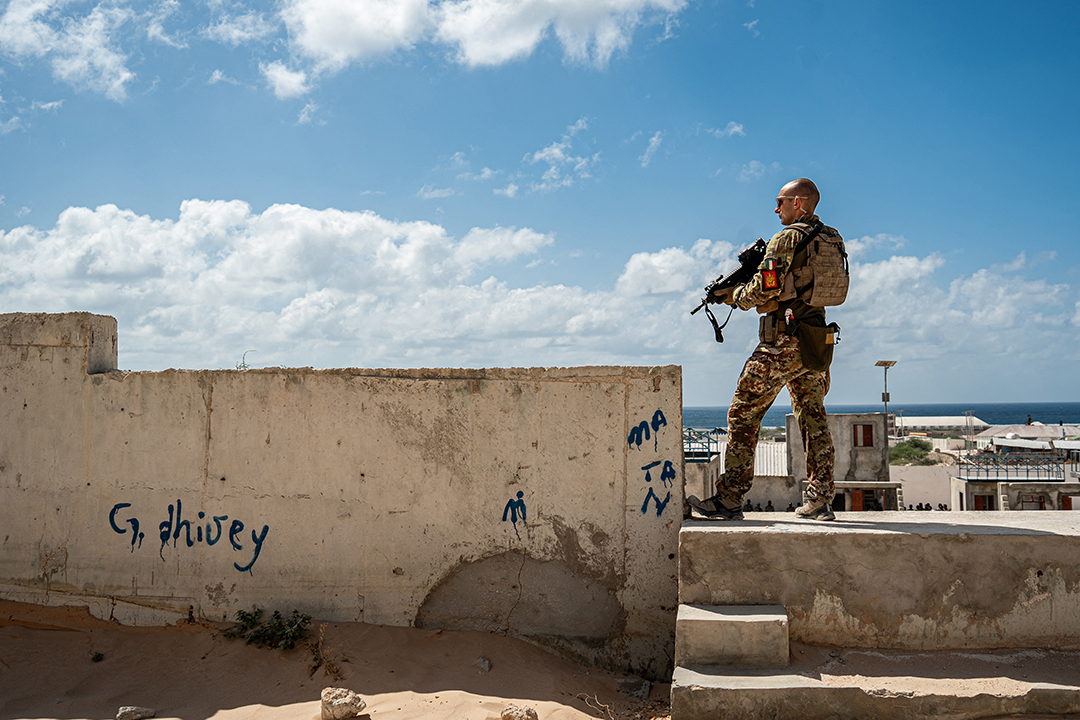
An Italian soldier watches the training course of Somali National Army troops at the General Dhagabadan Training Centre in Mogadishu on March 19, 2024. European Union Training Mission in Somalia (EUTM-S) trainers regularly instruct Somali soldiers on various topics, including urban combat. (Photo by Amaury Falt-Brown / AFP)
The Provisional Constitution adopted in 2012 mandates the formation of the FGS. This constitution establishes two levels of government: the Federal Government of Somalia (FGS) and the Federal Member States (FMSs), including Puntland, Jubaland, Southwest, Galmudug, and Hirshabelle. Somaliland unilaterally declared independence as the Republic of Somaliland following the state’s collapse in 1991 and no longer considers itself part of the federal framework.
While the Provisional Constitution defines the number of constituent units and their powers and functions, it provides limited provisions for implementing the federal system of governance and its principles. Instead, it leaves practicalities, including power and resource sharing, to be established through subsidiary agreements requiring negotiation between the FGS and FMSs. This constitutional ambiguity, coupled with a lack of consensus over power and resource sharing, often leads to competing interpretations of federal governance, with some states advocating greater autonomy and others favouring a stronger central government.[2]
The challenges of implementing federalism in Somalia are evident in the functioning of the federal government, and member states as quasi-autonomous jurisdictions, with some states asserting control over powers designated for the central government. Over the last two decades, tensions between the FGS and FMSs have frequently arisen over the division of powers, resources, and responsibilities.[3]
This piece examines the escalating tensions between the Somalia federal government and the semi-autonomous state of Jubaland and their implications for Somalia’s stability and state-building. Established in 2013, Jubaland is located in southern Somalia, bordering Kenya and Ethiopia. It holds strategic importance due to its geographical location, the port city of Kismayo and its natural resources. Owing to its relatively fertile land and substantial grain production, Jubaland is often regarded as the breadbasket of Somalia. Ironically, the relationship between Jubaland and the Federal Government of Somalia has been marked by persistent tensions. These tensions are rooted in political and socio-economic factors, often exacerbated by clan-based power dynamics that clash with the central government’s efforts to maintain territorial integrity and strengthen national unity. Jubaland’s strategic location has also attracted external actors under the guise of combating al-Shabaab and ensuring regional stability, further straining its relationship with the federal government.
Electoral reform and Jubaland’s disputes
The dispute between the Somali federal government and Jubaland worsened recently following a regional election despite the opposition from the federal government. In October 2024, the National Consultative Council (NCC), established by President Mohamed Abdullahi Mohamed (Farmaajo), convened federal and state officials to discuss democratisation, security issues, and the election system. The federal government also reaffirmed its commitment to advancing the electoral reforms previously initiated, which aimed at replacing the indirect, clan-based voting system with universal suffrage for the forthcoming 2026 national and regional elections. Moreover, the NCC proposed a one-year term extension for all state presidents until the universal suffrage system could be implemented. While leaders of Hirshabelle, Galmudug, and Southwest states backed the proposal, Jubaland President Ahmed Mohamed Islam (Madobe) rejected it, citing risks of centralisation undermining regional autonomy. This disagreement over electoral reforms and constitutional amendments led Jubaland to sever ties with the central government.[4]
Defying the federal government authorities’ advice, Jubaland amended its constitution and held an election on November 25, 2024, re-electing Madobe for a third term. The federal government denounced the election as unconstitutional and a violation of term limits set by the FGS.[5] A court in Mogadishu issued an arrest warrant for Madobe, accusing him of treason, violating the constitutional framework, leaking classified information to foreign actors, and undermining national unity. In retaliation, Jubaland issued its own warrant for Somali President Hassan Sheikh Mohamud, alleging treason, incitement of civil unrest, and attempts to disrupt the constitutional order. Jubaland further announced it would suspend ties with the federal government and refused to recognize recent legal amendments to the Constitution and Electoral Codes enacted by federal authorities.
Tensions escalated further following the deployment of federal forces to Ras Kamboni, a strategic gateway town, which Jubaland officials claimed was an attempt to provoke conflict and interfere with the elected administration. In response, Jubaland mobilized its forces, leading to a tense standoff. Clashes erupted in December 2024 between federal forces deployed to Ras Kamboni and regional troops. The central government justified its deployment to strengthen its capacity to fight al-Shabaab in the region. At the same time, Jubaland viewed it as an attempt to assert federal control over the state. Unverified reports indicate casualties on both sides, highlighting the growing volatility of the situation. The confrontation occurred weeks before the mandate of the African Union Transition Mission in Somalia (ATMIS) expires, raising concerns that it could divert attention from the fight against al-Shabaab.
Implications for Somalia’s long-term stability
The tensions between Jubaland and Somalia’s federal government significantly affect the country’s stability and overall state-building efforts. The conflict can potentially weaken the federal government’s power and undermine the constitutional order, which remains a work in progress. It also highlights the challenges of Somalia’s federal system, where mistrust and competition between the federal government and regional states undermine collaboration. If not addressed, prolonged animosities could spread to other regions, breeding chaos reminiscent of past instability and threatening national unity.
Secondly, by weakening the authority and legitimacy of the federal government, the conflict can create a governance vacuum that diverts resources from counter-terrorism efforts. This enables extremist groups such as al-Shabaab to consolidate their power and capacity to influence the region. The stand-off is more transpiring in southern Somalia, where al-Shabaab still maintains a significant presence, and the unresolved confrontation has the potential to destabilise southern Somalia and the country at large. This suggests the need for political dialogue between the federal government, FMS and clan leaders to resolve disputes and ensure broad-based agreement.
Thirdly, the ongoing disputes could strain Somalia’s relationships with regional and international partners, spearheading the country’s peace and stabilisation processes. The complex political landscape, shaped by clan interests in FMS, could, for instance, challenge ATMIS or its anticipated successor – the African Union Support and Stabilization Mission in Somalia (AUSSOM) – to advance its mission. Frequent feuds between the two parties could halt initiatives to build local capacities and delay progress in transitioning security responsibilities from international partners to Somalia’s institutions. As such, internal tensions could further complicate efforts to establish lasting peace and stability in the region.
Finally, the persistent disputes between the central government and Jubaland, along with the resulting governance vacuum, severely affect the functioning of local governance. Ongoing tensions diminish the already under-resourced and largely informal local tiers of government, compromising their capacity to deliver services. This ultimately undermines state functionality and legitimacy, fostering further fragmentation.
In conclusion, as the above factors indicate, addressing the tensions between Jubaland and the federal government requires fostering constitutional consensus and resolving grievances through inclusive negotiations. By finalizing a clear and comprehensive constitutional framework, Somalia can strengthen its federal governance and formalize power-sharing arrangements to reduce disputes. Regional and international organizations must support these efforts to ensure lasting peace and stability in Somalia.
[1] Farah, Ibrahim and Sekou Toure (2017), Engineering Peace in Somalia: A Call for a Re-Examination of the Somali Peace Processes, Development, 60 (3), 183–189.
[2] Abdinor Dahir & Ali Yassin Sheikh Ali (2024) Federalism in post-conflict Somalia: A critical review of its reception and governance challenges, Regional & Federal Studies, 34 (1), 87-106
[3] Ali, A. Y. S., Dahir, A. H., & Hersi, Z. D. (2019). Federalism in post-conflict states: Assessing Somalia’s challenges and the way forward. Perspectives on Federalism, 11(2), 55-94; Negussie, S. (2023). Lessons in fiscal federalism for Somalia: building fiscal sustainability and national cohesion. In Contemporary Governance Challenges in the Horn of Africa. Taylor & Francis.
[4] Mohamud A. Ahmed – Cagaweyne (2024, October 7). Ahmed Madobe’s Calculated Political Moves at the NCC: A Champion for Unity and Federalism in Somali Federal Government. Borkena. https://borkena.com/2024/10/07/ahmed-madobes-calculated-political-moves-at-the-ncc-a-champion-for-unity-and-federalism-in-somali-federal-government/
[5] According to the Provisional Constitution of Jubaland Article 22(3), the State Assembly of Jubaland shall enact the election legislation, in conformity with the Provisional Constitution of Somalia. Article 70 states that the President and Vice-President shall hold office for a term of four (4) years and may be elected only two (2) times to that office. A contentious amendment to the Jubaland Constitution removed these term limits and extended the presidential term from four to five years, allowing Madobe to remain in power.

